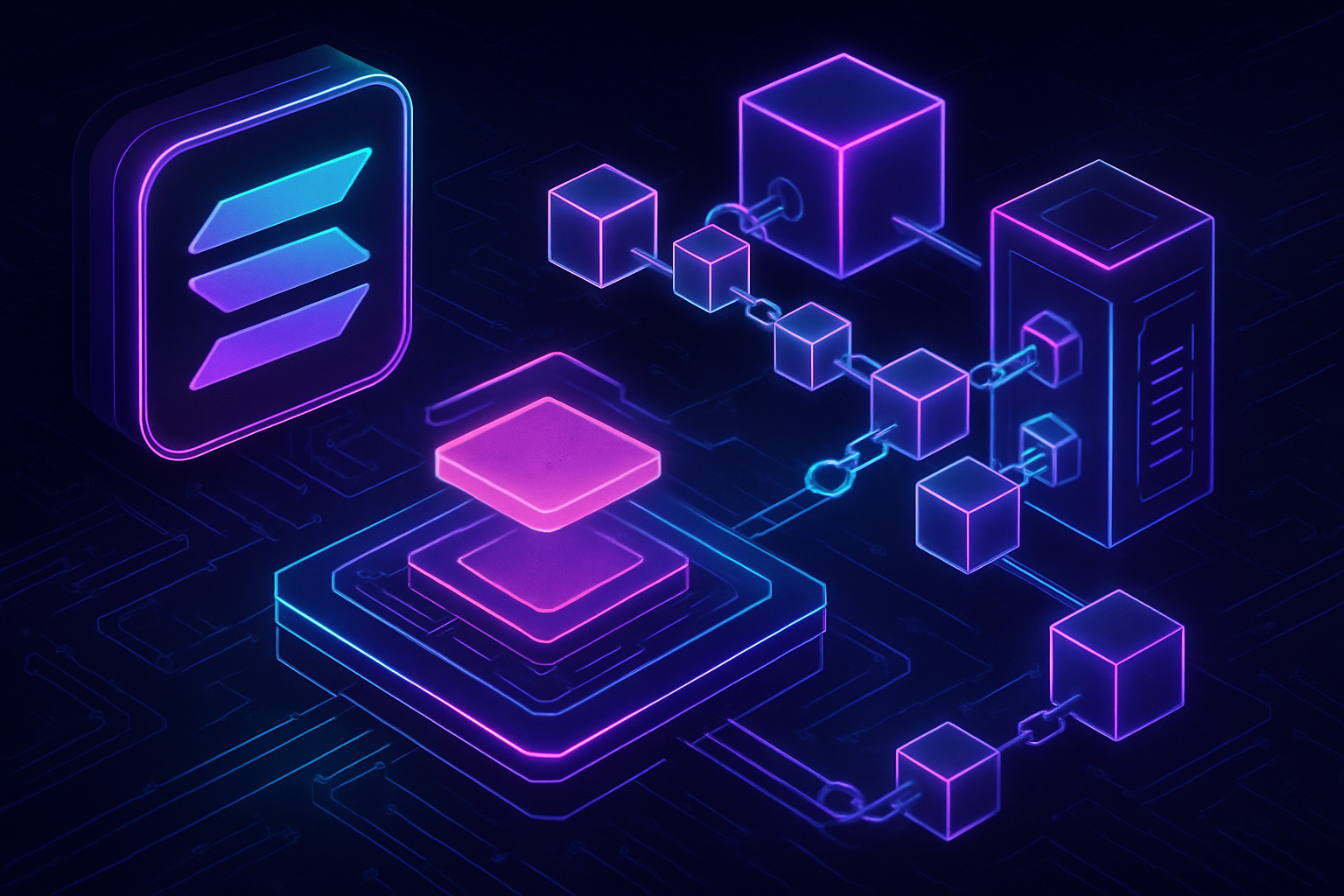
Solana’s relentless pursuit of speed and scalability has led to a new paradigm in blockchain infrastructure: ephemeral rollups. These temporary app-chains are redefining what’s possible for high-throughput use cases, delivering sub-50 millisecond global latencies and enabling a new class of real-time decentralized applications. With Solana currently trading at $211.64, the network’s innovation engine is running hot, and ephemeral rollups are at the center of this momentum.

What Are Ephemeral Rollups?
Ephemeral rollups are specialized Solana Virtual Machine (SVM) runtimes that spin up on demand, process transactions at blistering speeds, then anchor their state back to the main Solana blockchain. Think of them as pop-up execution environments: they operate independently from the mainnet consensus, allowing for rapid transaction batching and custom logic tailored to specific application needs. Once their work is done, they commit verified updates back to Solana, ensuring security, data integrity, and full composability with existing smart contracts.
This model is particularly powerful for applications where latency and throughput are mission-critical. Whether it’s real-time gaming, high-frequency DeFi trading, or social platforms demanding instant feedback, ephemeral rollups offer a toolkit for developers seeking both speed and reliability.
The Mechanics: How Ephemeral Rollups Supercharge Throughput
The magic lies in delegating control of specific accounts to an ephemeral SVM instance. This dedicated runtime can:
- Process transactions off-chain in rapid-fire sessions
- Operate with custom block times and gasless execution
- Scale horizontally by spinning up multiple instances as needed
- Integrate with scheduling mechanisms for advanced workflows
Once processing concludes, the updated state is anchored back onto Solana through secure commitments, leveraging dynamic fraud-proof systems that include temporary Program Derived Addresses (PDAs), challenge-response games, and zkSVM verification layers. This ensures that while execution is fast and flexible, finality remains robustly trust-minimized.
Key Benefits of Ephemeral Rollups for Solana dApps
-
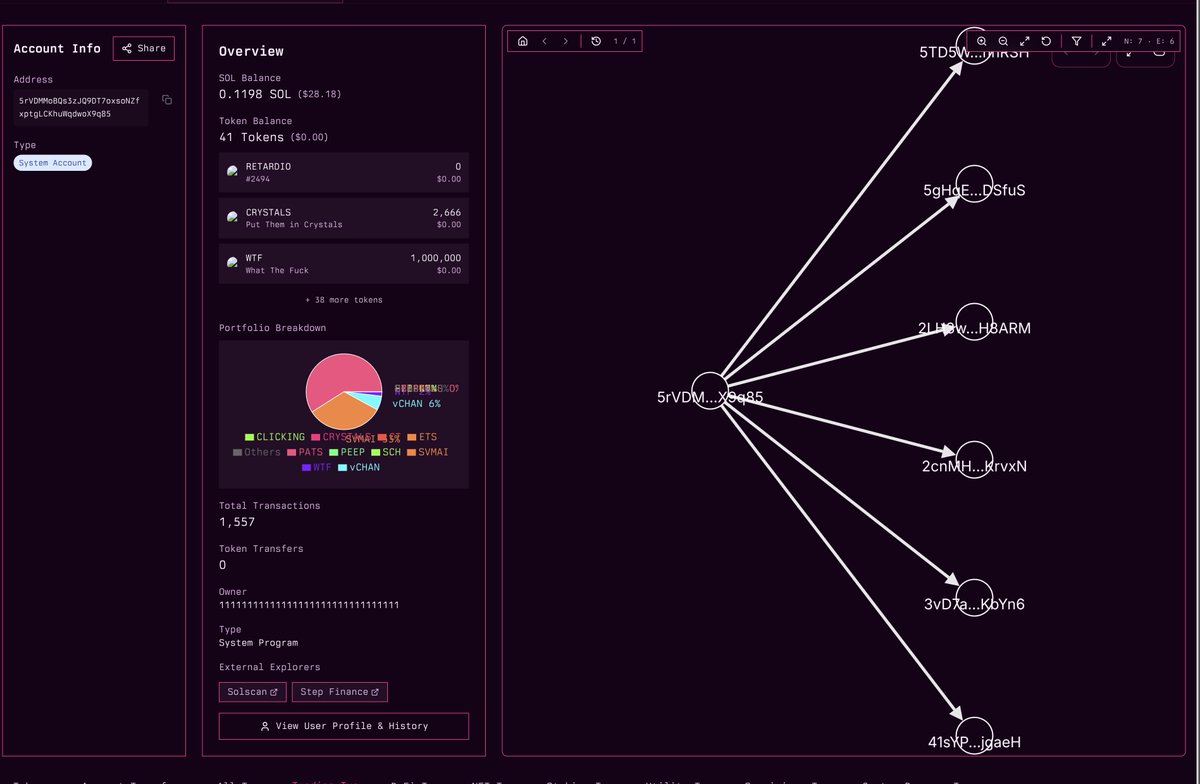
Ultra-Low Latency: Ephemeral Rollups enable end-to-end transaction latencies below 50 milliseconds globally, making them ideal for real-time applications like gaming and high-frequency trading.
-
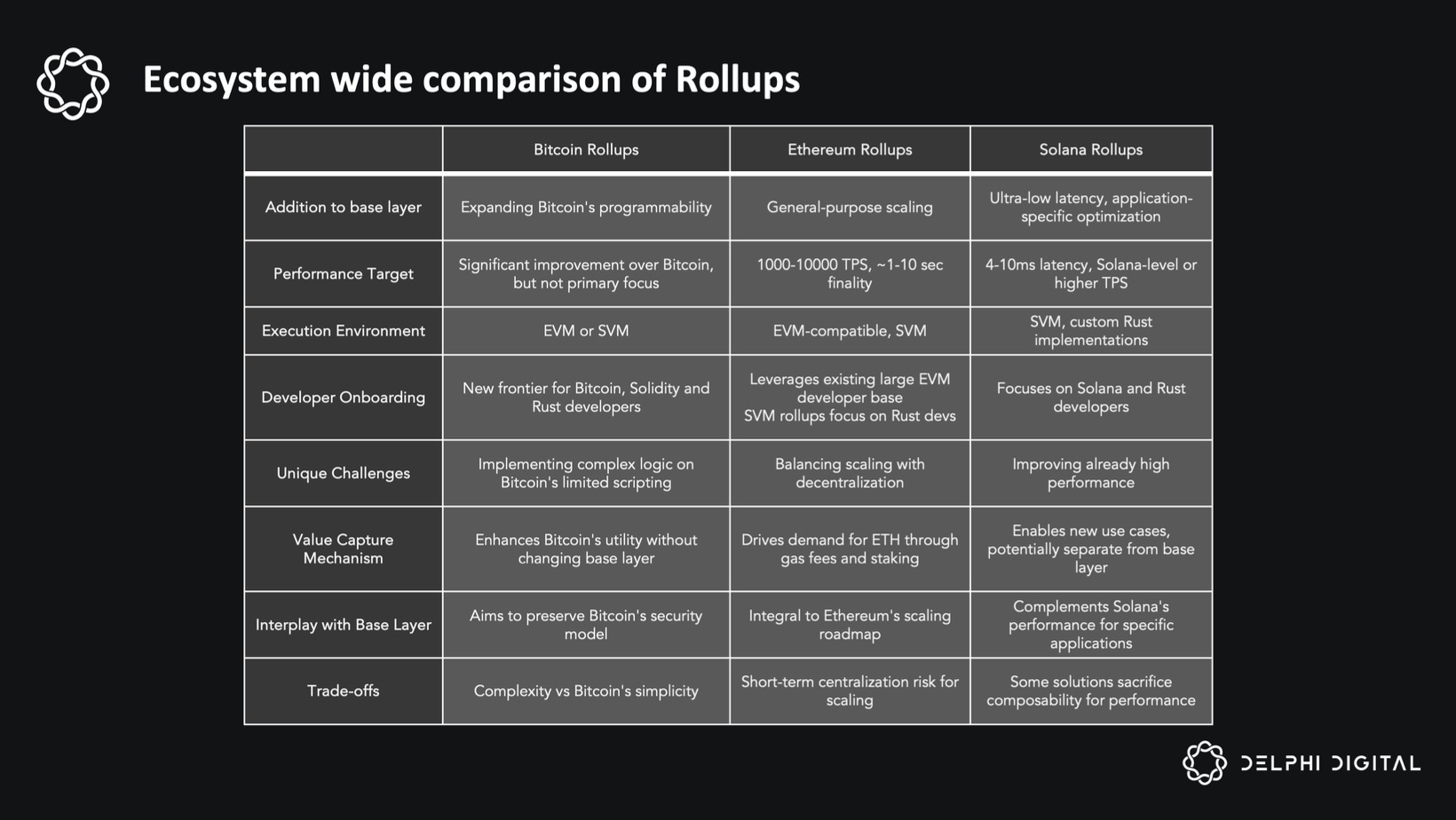
On-Demand Scalability: Developers can spin up multiple ephemeral rollup instances as needed, allowing dApps to horizontally scale and handle surges in transaction volume without bottlenecks.
-
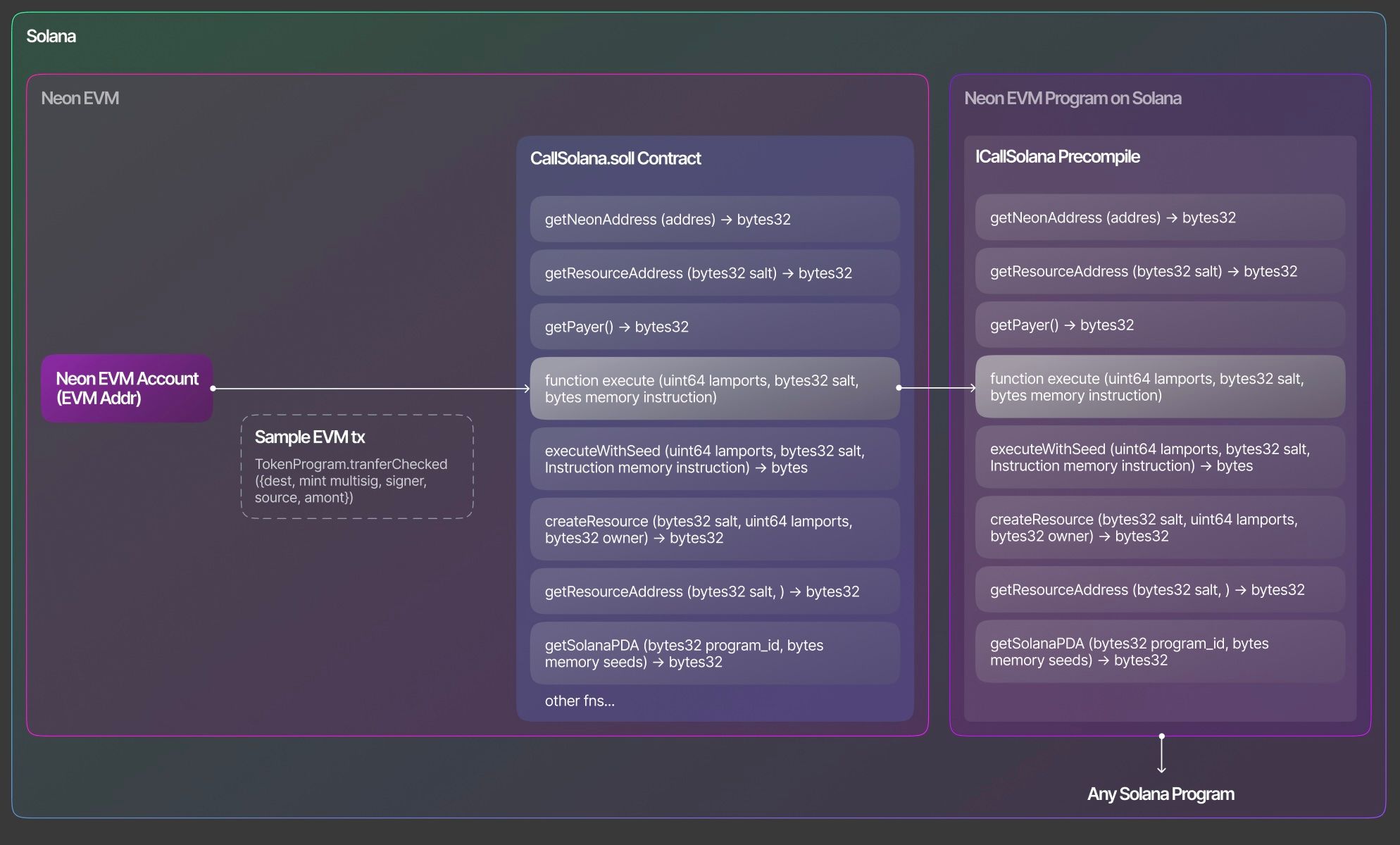
Full Composability: Ephemeral Rollups maintain seamless compatibility with existing Solana smart contracts, ensuring that dApps can interact with the broader Solana ecosystem without friction.
-
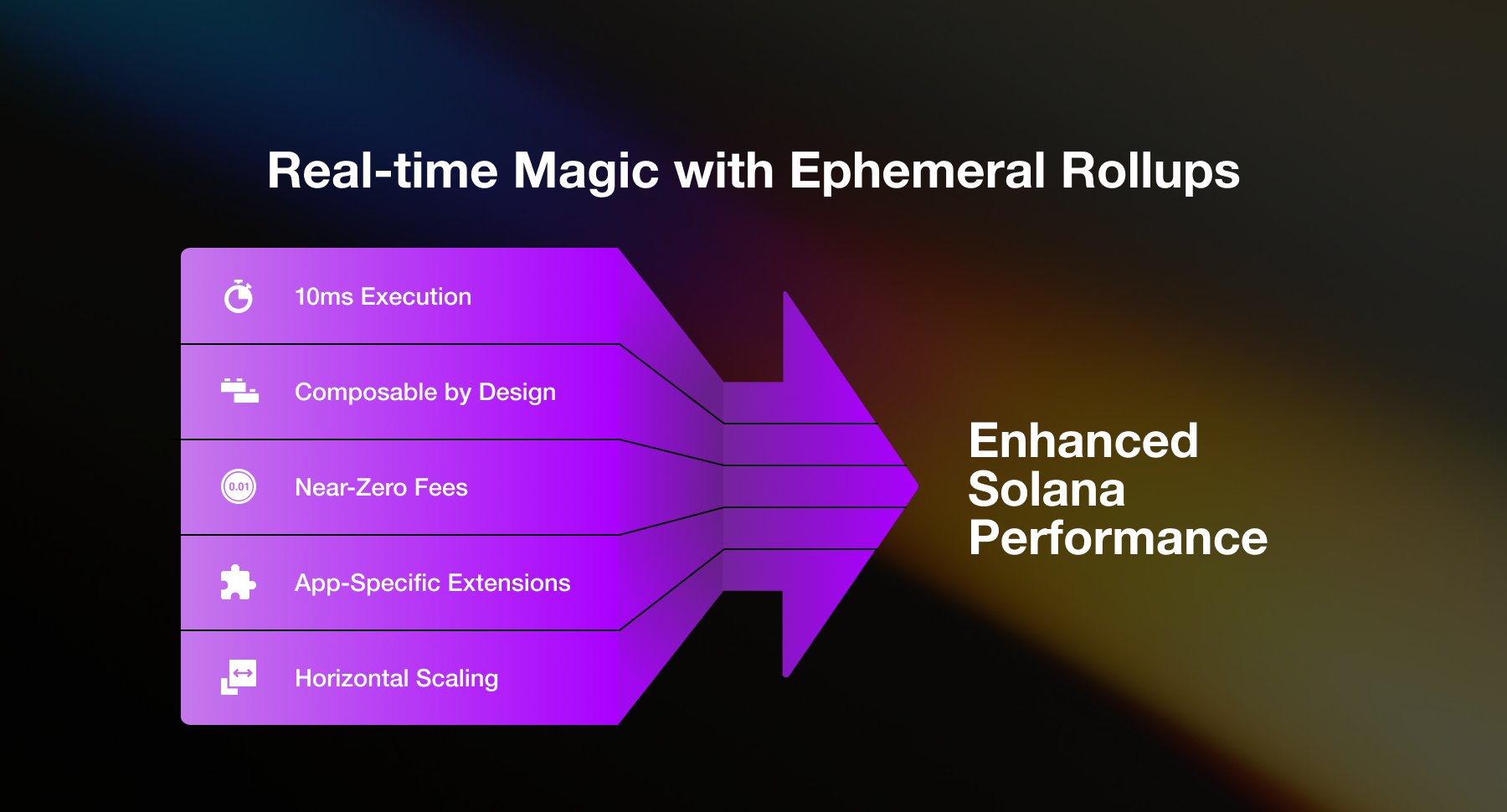
Customizable Execution Environments: These rollups offer configurable runtimes—including gasless transactions, faster block times, and integrated scheduling—tailored to specific dApp requirements.
-
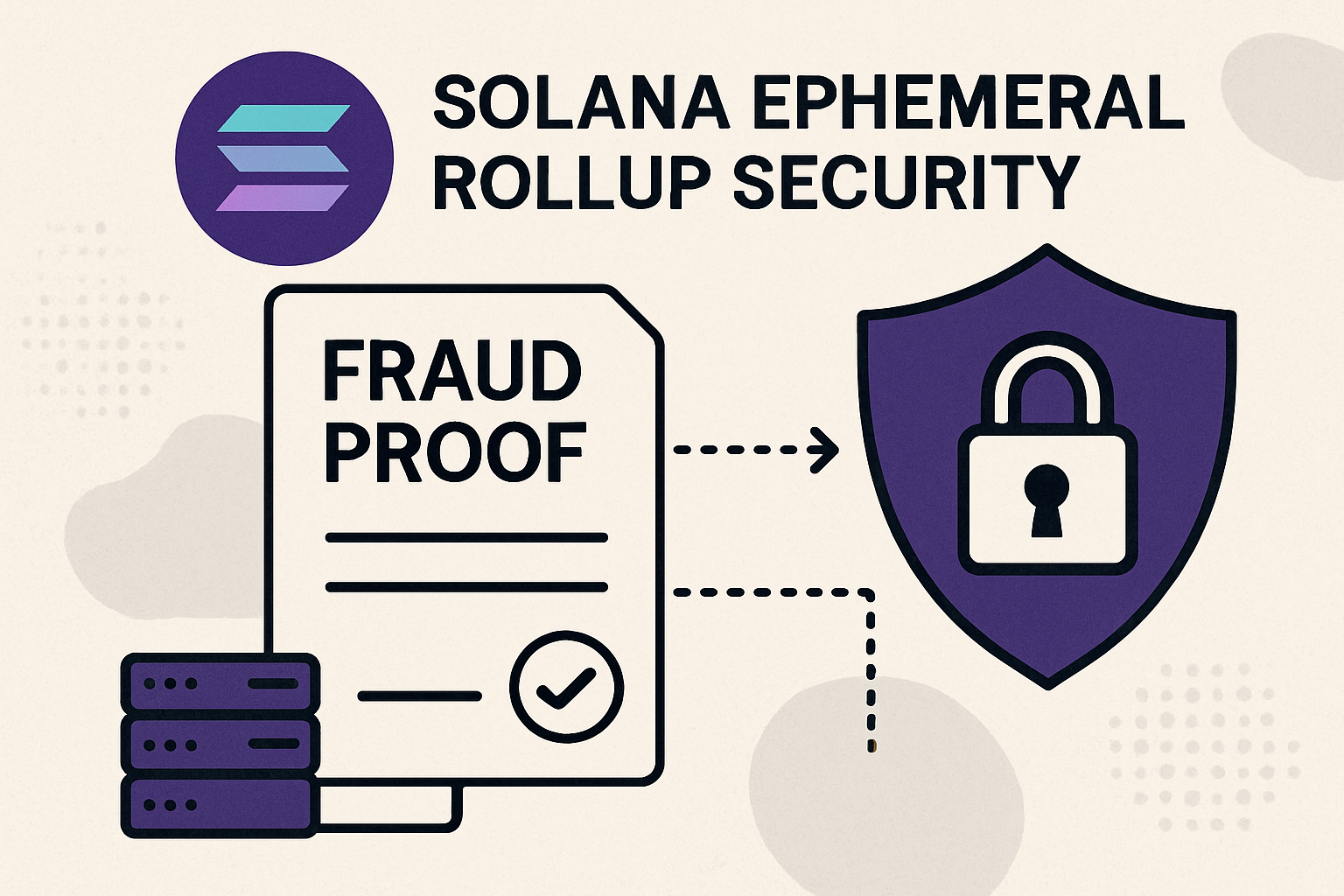
Enhanced Security and State Integrity: Ephemeral Rollups employ dynamic fraud-proof systems and challenge mechanisms, ensuring secure state transitions and data integrity even during high-throughput operations.
-
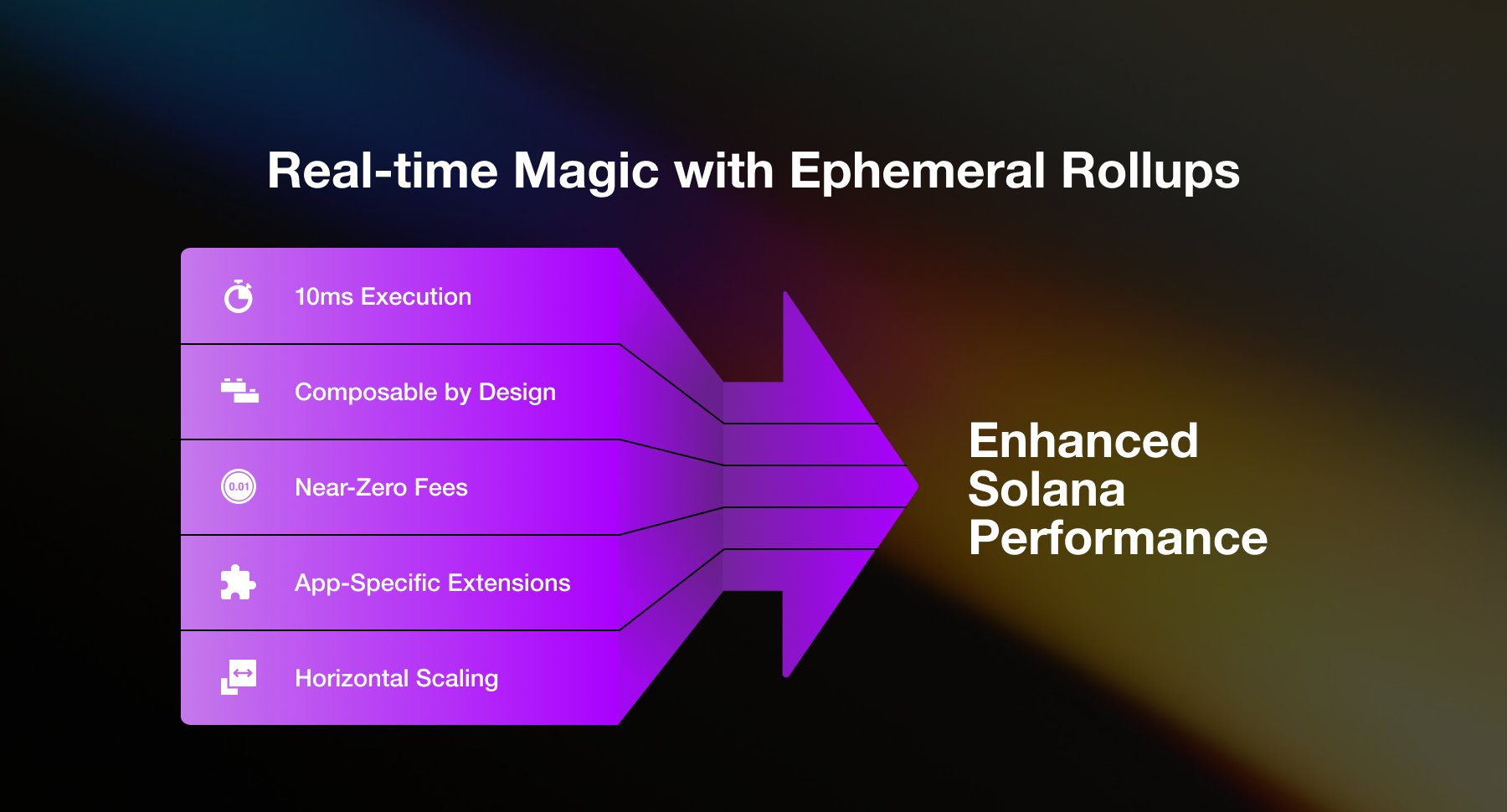
Cost Efficiency: By offloading intensive computation to temporary rollup environments, dApps can reduce transaction fees and optimize resource usage while still benefiting from Solana’s low base fees.
-
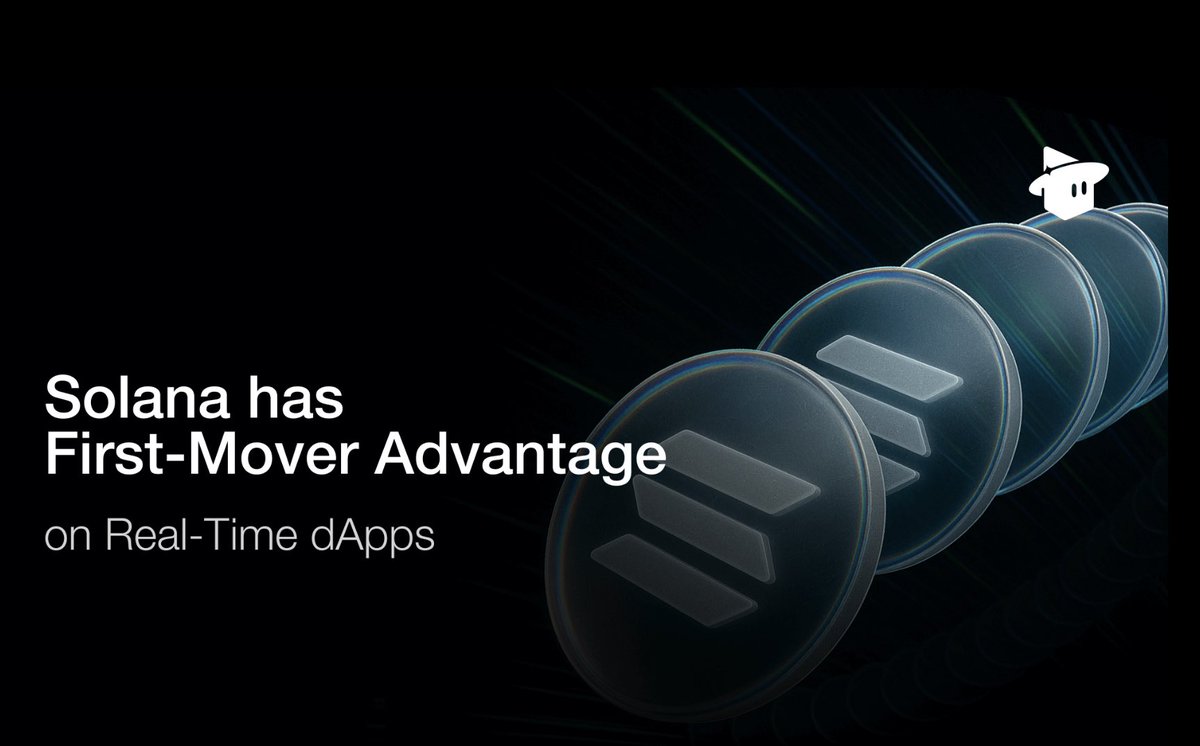
Ideal for Real-Time Use Cases: Ephemeral Rollups unlock new possibilities for real-time gaming, DeFi, social platforms, and enterprise solutions that require instant feedback and high throughput.
Pushing the Boundaries: Use Cases Across Industries
The first wave of adoption has come from blockchain gaming studios needing near-instant responsiveness for multiplayer actions, physics engines, or AI-driven gameplay, all on-chain. But the potential extends far beyond:
- DeFi: High-frequency trading bots and real-time market makers can operate without bottlenecks caused by network congestion.
- Social Platforms: Features like instant likes or replies become seamless thanks to gasless interactions processed within ephemeral rollup sessions.
- Enterprise and B2B: Micropayment flows or large-scale transaction batching benefit from scalable execution without sacrificing security or auditability.
The composability advantage means these app-specific rollups can interact with any existing program on Solana, no need to fragment liquidity or user experience across isolated chains.
The Road Ahead: From Phase 1 Launches to Full Permissionless Networks
The rollout is underway. MagicBlock plans to release Phase 1 of its ephemeral rollup framework by the end of Q2 2025, initially operating most nodes but allowing third parties to participate. By year-end, a fully permissionless version is expected (pending fraud-proof completion), opening the door for anyone to launch ultra-fast custom app-chains atop Solana’s secure backbone.
Learn more about scaling real-time apps on Solana with Ephemeral Rollups here.
With Solana maintaining a strong position at $211.64, the introduction of ephemeral rollups is not just an incremental step but a leap toward redefining blockchain scalability and application design. As these temporary, high-performance app-chains move from early pilots to production-grade infrastructure, developers and enterprises alike are poised to benefit from a new level of flexibility and efficiency.
Industries & dApp Categories Poised to Benefit Most from Ephemeral Rollups
-

Blockchain Gaming: Ephemeral Rollups enable ultra-low latency and high-throughput for real-time, on-chain games. This supports complex mechanics, multiplayer interactions, and seamless in-game asset management, transforming platforms like MagicBlock and Solana Compass powered games.
-

Decentralized Finance (DeFi): High-frequency trading protocols, automated market makers, and real-time derivatives platforms on Solana can leverage ephemeral rollups for instant settlement and scalable transaction processing. Leading DeFi projects like Jupiter and Orca are well-positioned to utilize these advancements.
-
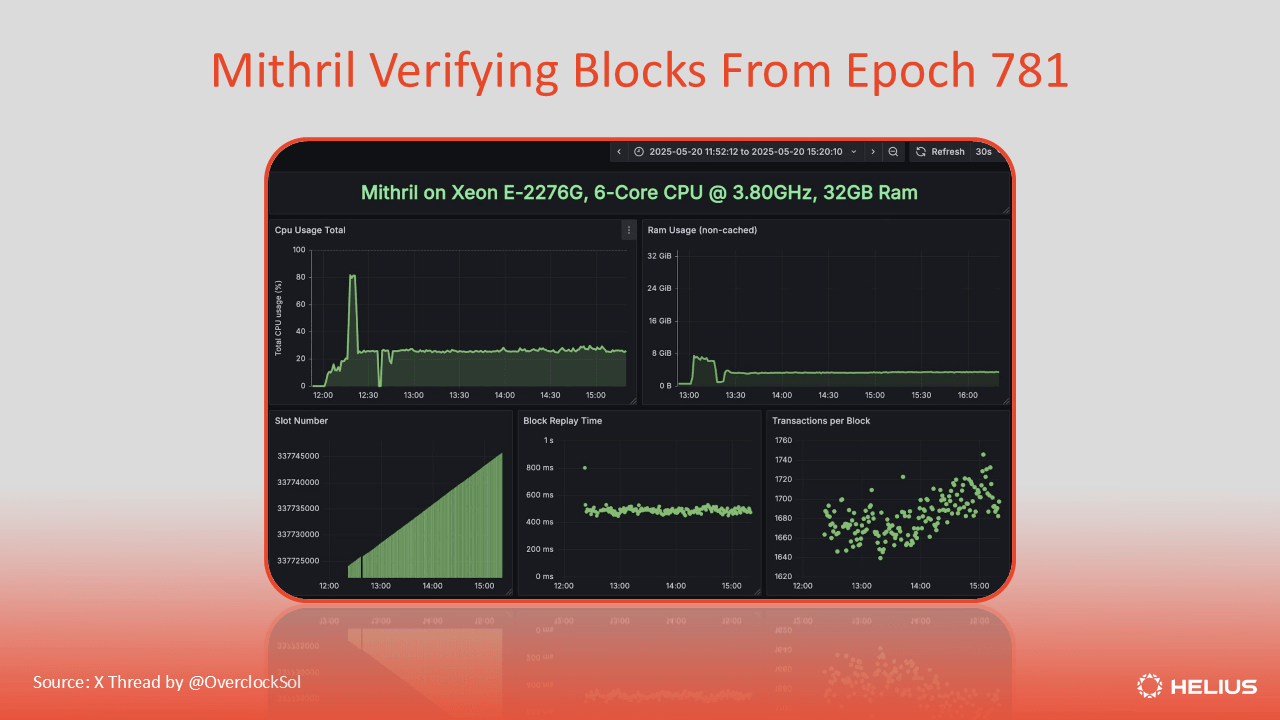
Enterprise & B2B Solutions: Platforms handling micropayments, real-time supply chain tracking, or high-volume B2B transactions—such as Helium for IoT data or Stripe (Crypto)—can benefit from the scalability and auditability of ephemeral rollups.
-

On-Chain AI & Data Processing: Projects integrating AI inference or real-time analytics on-chain, like Tensor (for NFT analytics) or Switchboard (for decentralized oracles), can utilize ephemeral rollups for rapid, scalable computation.
Security remains paramount. The dynamic fraud-proof architecture ensures that even as transactions are processed off-chain in ultra-fast sessions, the final state transitions are provable and dispute-resilient. By leveraging zkSVM verification and robust challenge-response mechanisms, ephemeral rollups provide trust-minimized guarantees without compromising on speed or composability.
One standout feature is the ability for developers to customize runtimes. This means fine-tuning execution environments for unique workflows, think gasless transactions for consumer apps or ultra-fast block times for trading platforms. The result is a modular approach to building application-specific rollups that can be spun up or down as demand fluctuates, all while keeping costs predictable and performance consistent.
The upcoming Phase 1 launch by MagicBlock will serve as a proving ground for these concepts, with most nodes initially operated by MagicBlock but open to third-party participation. As the roadmap progresses toward full permissionlessness, expect an explosion of experimentation, anyone will be able to deploy their own ephemeral execution environments atop Solana’s globally distributed network.
What This Means for Developers and Users
If you’re building on Solana today, ephemeral rollups offer an immediate path to scale-intensive features without waiting for base layer upgrades or fragmenting your user base across multiple chains. From real-time gaming tournaments with thousands of concurrent players to DeFi protocols executing sub-second arbitrage strategies, the possibilities are wide open.
For users, this translates into smoother experiences: instant feedback in social apps, seamless gameplay with no lag spikes, and financial tools that react in real time, all secured by Solana’s battle-tested consensus once session states are anchored back on-chain.
Looking Forward: The App-Chain Era Accelerates
The rise of ephemeral rollups signals a shift toward truly application-specific infrastructure, where each dApp can define its own fee markets, execution logic, and scaling profile without sacrificing interoperability or composability. As more projects adopt this paradigm, we’ll see new business models emerge: pay-per-session gaming arenas, real-time collaborative platforms with gasless UX, microservices that scale up only when needed.
The vision is clear: by combining Solana’s high-throughput core with customizable ephemeral runtimes, developers gain unprecedented control over both performance and economics. The result? A blockchain ecosystem ready for mainstream-scale adoption across gaming, finance, social media, enterprise solutions, and whatever comes next.
Read the official MagicBlock documentation on how ephemeral rollups work here.







